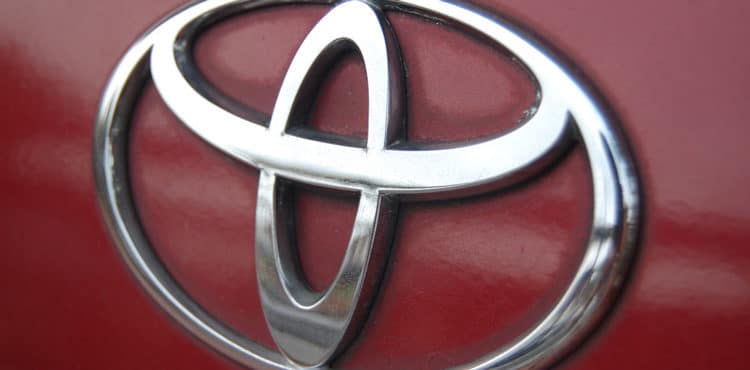A Toyota soy-based wire coating class action lawsuit may be an option for people who own vehicles with soy wiring damaged by rodents and other vermin. Damaged wires can potentially lead to expensive repair costs as the company is allegedly refusing to pay for repairs under its new car warranty. Affected car owners may be eligible to pursue compensation with the help of a product liability attorney.
For more information, contact Attorney Group. We offer free, confidential, no obligation consultations. We can help answer your questions, and if you choose to pursue a case we can connect you with an affiliated Toyota soy-based wire coating class action lawsuit attorney who can assist you throughout the legal process.
Report: Wire Damage Could Lead to Thousands of Dollars in Repair Costs
A class action lawsuit filed against Toyota Motor Company alleges that the type of plastic wiring used in some newer-model cars could be attracting rats and other vermin that eat the wires. According to abc10.com, damage caused by rodents can potentially cost automobile owners hundreds to thousands of dollars in repair costs. As a result of the defect, electrical and other operational systems may become damaged, leaving vehicles partially or completely inoperable. Attorneys believe that Toyota may not be the only car company using soy-based wiring, and other vehicles manufactured by Honda, Ford and Subaru may be affected as well.
Filed in December 2016, the class action further alleges that Toyota failed to disclose the defect to customers and is refusing to repair vehicles under its warranty that it issues with each new car purchase, which should cover necessary repairs for defects in materials or workmanship. The plaintiff in the case, on behalf of other individuals who may have damage caused by rodents, claims that the car company should have been aware of the defect. Toyota reportedly continues to offer no solution to the problem.
Affected vehicles include:
- 2011-2016 4Runner
- 2013 Avalon
- 2012-2013 Camry Hybrid
- 2009-2016 Camry
- 2014 FJ Cruiser
- 2010 and 2015 Prius
- 2012-2015 Prius C
- 2012 and 2015 Prius V
- 2008-2016 Rav4
- 2015 Sequoia
- 2012 Sienna
- 2014-2015 Tacoma
- 2009-2016 Tundra
- 2009 and 2015 Highlander
- 2014 and 2016 Corolla
- 2010 and 2013 Venza Ltd.
Other vehicles may be included, and plaintiffs reserve the right to amend or add to the vehicle models after discovery.
How a Toyota Soy-Based Wire Coating Class Action Lawsuit Can Help
According to allegations against Toyota Motor Company, the actions of the car manufacturer could constitute a breach of manufacturer’s warranty, breach of implied warranty, violations of the Magnusson Moss Warranty Act and multiple state consumer protection laws.
Potential compensation may include:
- Costs incurred by owners, including loss of value, attributable to any wrongful conduct
- Refund of the price paid for the repair of affected vehicles
- Damages related to violations of consumer protection acts
- Attorneys’ fees
Individuals who have purchased newer-model vehicles may be eligible to pursue damages by filing a class action lawsuit and are encouraged to seek the advice of an experienced attorney to learn more about their rights and remedies.
For more information about affected Toyota vehicles, contact Attorney Group today.
After you contact us, an attorney will follow up to answer questions that you might have. There is no cost or obligation to speak with us, and any information you provide will be kept confidential.
Please note that the law limits the time you have to pursue a claim or file a lawsuit for an injury. If you think you have a case, you should not delay taking action.






